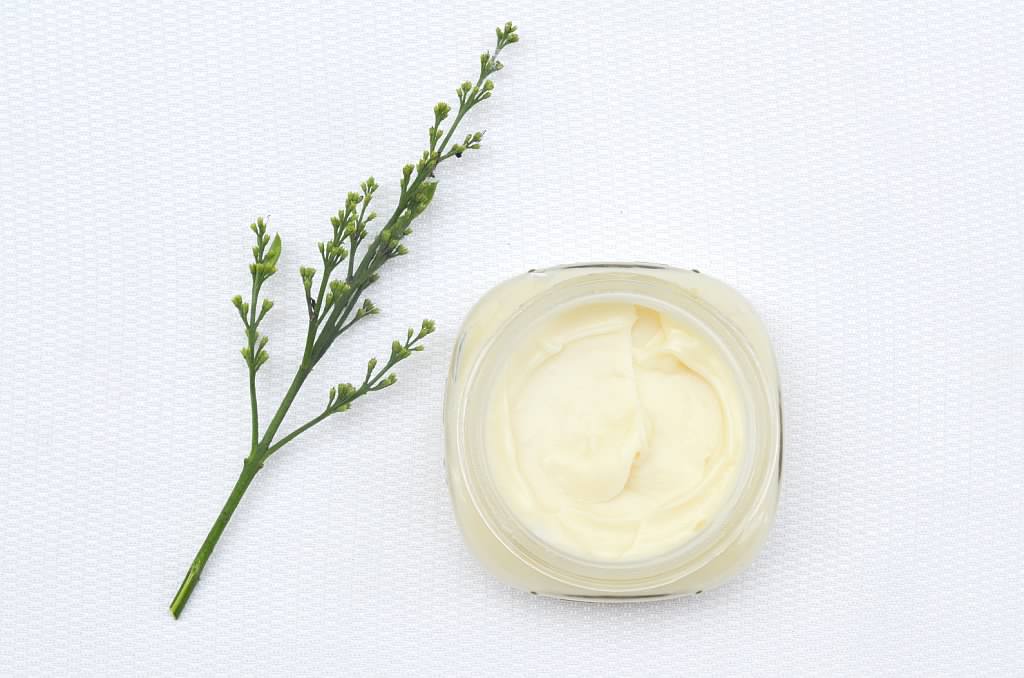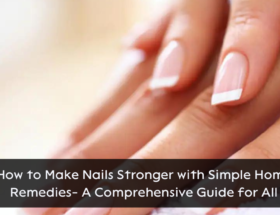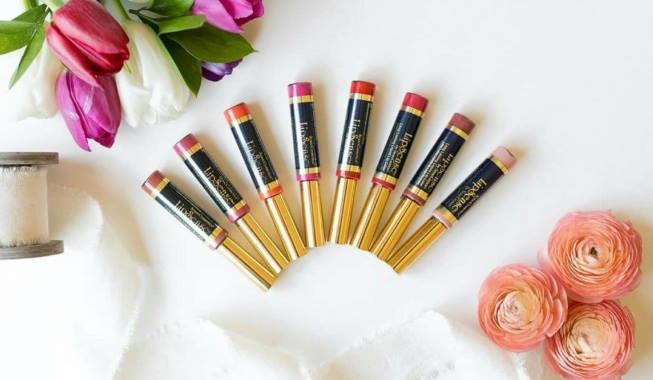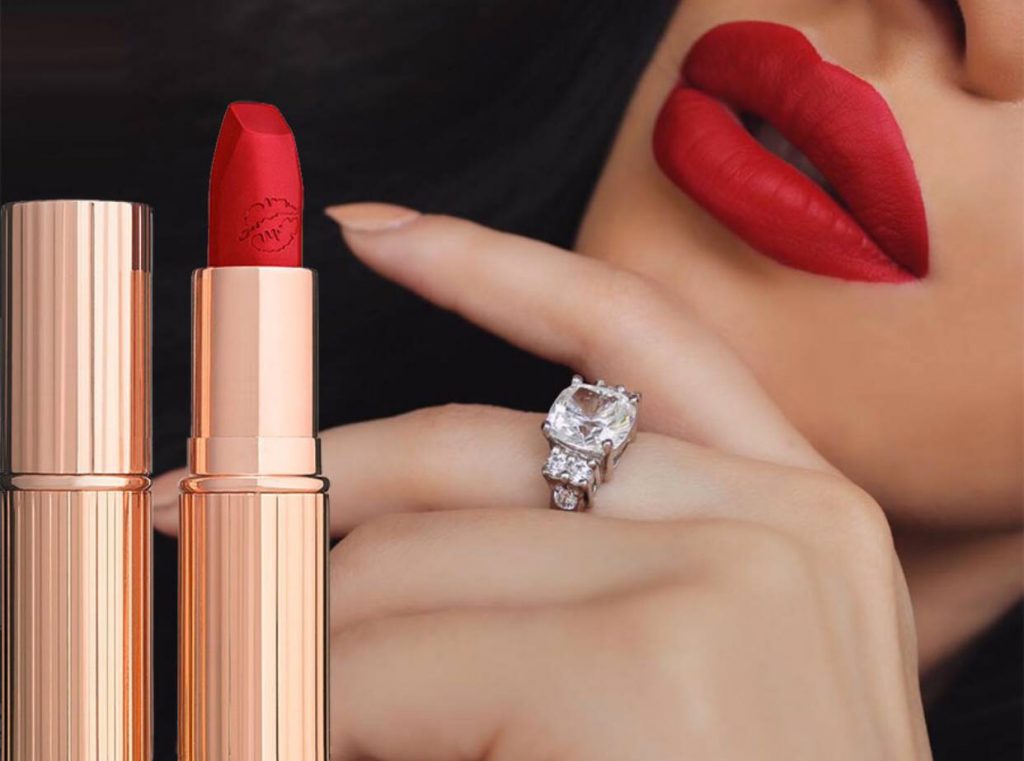Looking for nontoxic skin care products was not something I did. It never occurred to me that harmful chemicals could be a part of my skin care routine.
Not that long ago an ad for a skin cream that promised to minimize fine lines and wrinkles would have my attention. I was only concerned with what the product could do not how it was made.
I bought what I wanted. I didn’t think product safety was an issue. The front label told me all I needed to know. If it said natural or contains some Vitamin or ingredient that I recognized as being good, I thought I was doing the natural, healthy thing by buying it. The back label I rarely read, it was always a long list of things that I didn’t understand anyway.
But a chance article on the web mentioning toxic chemicals in so many items in our everyday life, some of which could be found in skin care products started me thinking.
Maybe I needed to find out more and understand why it is so important to buy nontoxic skin care products.
Who knew toxic chemicals are common additions to many of the products I used everyday. They make fragrances and nail polish last longer, helped my lotion glide on more smoothly, added elasticity to hair spray, preserved the product and more. Sounds necessary. But I want products that work and nontoxic skin care.
Synthetic Ingredients To Avoid
I don’t know about you but during the course of the day I use quite a few different products on my skin. Through the years my skin has been exposed to all kinds of different chemicals some of which have been found to be toxic.
The effects of combining these synthetic chemicals are not known and it’s not possible to check for all the possible combinations anyway. It’s important to at least know the worst offenders when shopping for nontoxic skin care.
After some research I was finding plenty of lists of the worst ingredients and except for a few exceptions they were pretty much in agreement. The below ingredients I found to be the most troublesome not only for our own safety but also for the effect using petroleum ingredients have on the environment.
- Parabens (as in methylparaben etc)
There are quite a few paraben ingredients. At the very least they are known to cause irritation while some forms of parabens are considered to be toxic. They are cheap and effective and are most frequently used as preservatives in all kinds of skin care products. - Phthalates (Dibutyl and Diethyl):
An ingredient typically used in hair spray, nail polish and some fragrances as a plasticizers providing flexibility. Considered high hazard on Skin Deep for it’s various potential health problems. - Synthetic colors:
FD&C; and D&C; followed by a number. These artificial colors are coal tar based and some of them are known to be carcinogen. - Synthetic fragrance:
Fragrance is often the ingredient in a product that will cause an allergic reaction. The word fragrance tells us nothing and could mean all kinds of different ingredient. - Diethanolamine, Triethanolamine (TEA, DEA):
These ingredients help to stabilize the ph of a product. They act as foaming agents in cleansers and are considered irritating and possibly toxic. - Imidazolidinyl Urea and Diazolidinyl Urea:
These are used as preservatives and have been found to cause contact dermatitis. They also release formaldehyde which can be toxic. - Petroleum based ingredients:
sodium laurel sulfate (a cheap detergent used in shampoos can be very irritating and cause allergic reactions)propylene glycol PEG and PPG (usually used in the synthetic form can cause a variety of allergic reactions)
PVP PVA copolymers (used in hair products can be toxic if inhaled)
petrolatum-petroleum jelly (used to help retain moisture in the skin but has been found to do just the opposite)
- Stearelkonium chloride
Used in hair conditioners and creams maybe even in your fabric softener, can be very irritating and considered toxic. - 1,4-dioxane
While not an ingredient but a by-product of other chemicals, it has been found in many of our personal care products and is linked to cancer. To learn more about it, where it’s found and how to avoid it read this article about 1 4 dioxane.
What also concerns me is the ability of some of these chemicals when used by pregnant women to be absorbed into the skin and cause problems for the fetus. After research I found some ingredients you may choose to avoid during pregnancy.
What’s In My Cleanser?
Look at the ingredients in a Natural Vitamin E and Aloe Skin Cleanser I used to use :
Ingredients:Water, Aloe gel, Akyl Benzoate, Methyl Gluceth, Tridecyl Sterate, Glyceryl Sterate, PEG-100 Sterate, Cetyl Alcohol, Neopentyl Glycol Dicprylate/Dicoprate, Tridecyl Trimellitate, Polysorbate 20, Phenoxyethanol, Triethanolamine, Tocopheryl Acetate, Carbomer, Fragrance, Methylparaben, Sodium PCA, Disodium EDTA, Butyparaben, Ethylparaben, Isobutylparaben, Propylparaben, Red 33, Yellow 5, Blue.
OK, not really nontoxic skin care. Quite a few synthetic chemicals but lets focus on the ones that are thought to be hazardous. As you can see there are quite a few of the same ingredients that are found on the list above, shown in bold, plus the mysterious word fragrance.
Since there are no requirements for companies to disclose all ingredients if they want they can use the “trade secret loophole” which allows company to use a generic term like fragrance for any ingredients they want.
Now Check Out This Product
Herbal Facial Cleanser which also contains aloe and Vitamin E from Aubrey Organics, a signer of the Compact For Safe Cosmetics (see below for info on this):
Ingredients: Deionized Water, Coconut Fatty Alcohol, Witch Hazel (natural herbal extract), Natural Grain Alcohol, Castile Soap; a special blend of Organic Eucalyptus Oil, Camphor Oil and Menthol Oil; Aubrey’s Preservative (Citrus Seed Extract, Vitamins A, C and E), Organic Rosemary Oil, Organic Sage Oil, Panthenol (Vitamin B-5), Organic Aloe Vera.
Quite a difference. Clear easily understood all natural or organic ingredients. Since we know our skin absorbs what we put on it I’d much rather use the second product.
No matter what skin care products you use whether you choose all natural or not, it is important to be informed. Until changes are made it’s up to us to look for nontoxic skin care.
Is Anyone Doing Anything?
The European Union, an organization of 25 member countries whose activities cover public policy which includes health concerns, prompted by the discovery of chemicals found in the human body and breast milk, has banned hundreds of chemicals found in personal care products.
Companies doing business with European countries have had to make changes. They have found alternatives to these toxic chemicals and are using them in their skin care products. Nontoxic skin care is possible unfortunately these alternatives are not always being used in products in the U.S. and there are no requirements to do so.

 Thankfully, The Campaign for Safe Cosmetics founded by U.S. health and environmental groups like the Breast Cancer Fund is working to protect consumers from toxic chemicals in personal care products and promote companies who use nontoxic skin care ingredients in their products.
Thankfully, The Campaign for Safe Cosmetics founded by U.S. health and environmental groups like the Breast Cancer Fund is working to protect consumers from toxic chemicals in personal care products and promote companies who use nontoxic skin care ingredients in their products.
Through their efforts the “Compact for the Global Production of Safe Health and Beauty Products” has been created. At this time, a growing list of hundreds of companies have voluntarily promised to replace ingredients thought to be toxic and provide safe alternatives within 3 years.
This list includes many fine companies that offer nontoxic skin care products. You can check out this list by going to Safe Cosmetics.
On this website you’ll also find a list of all the questionable chemicals being used in our hair, skin and body products.
Another good way to check the safety of your skin care products is through the Environmental Working Group. They have developed a data base of thousands of products and growing and rated them for safety. Check the products you are now using on the EWG’s, Skin Deep Database.
I realize how important it is to my health and safety to purchase nontoxic skin care products and it’s possible to find good companies who believe the same thing. Label reading helps as long as we understand the labels.
Many companies create nontoxic skin care products using only all natural or organic ingredients. The good ones also provide plenty of information.






